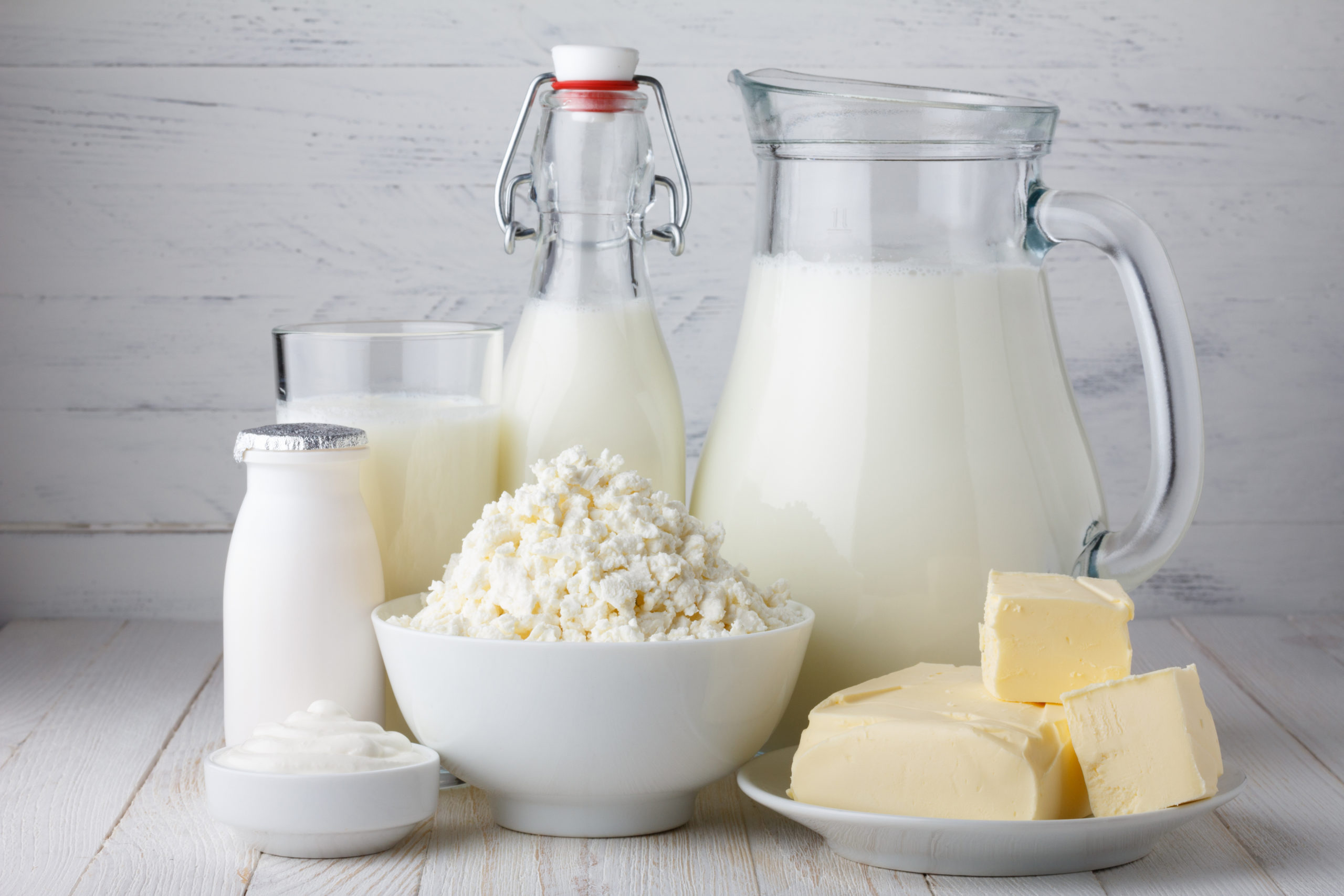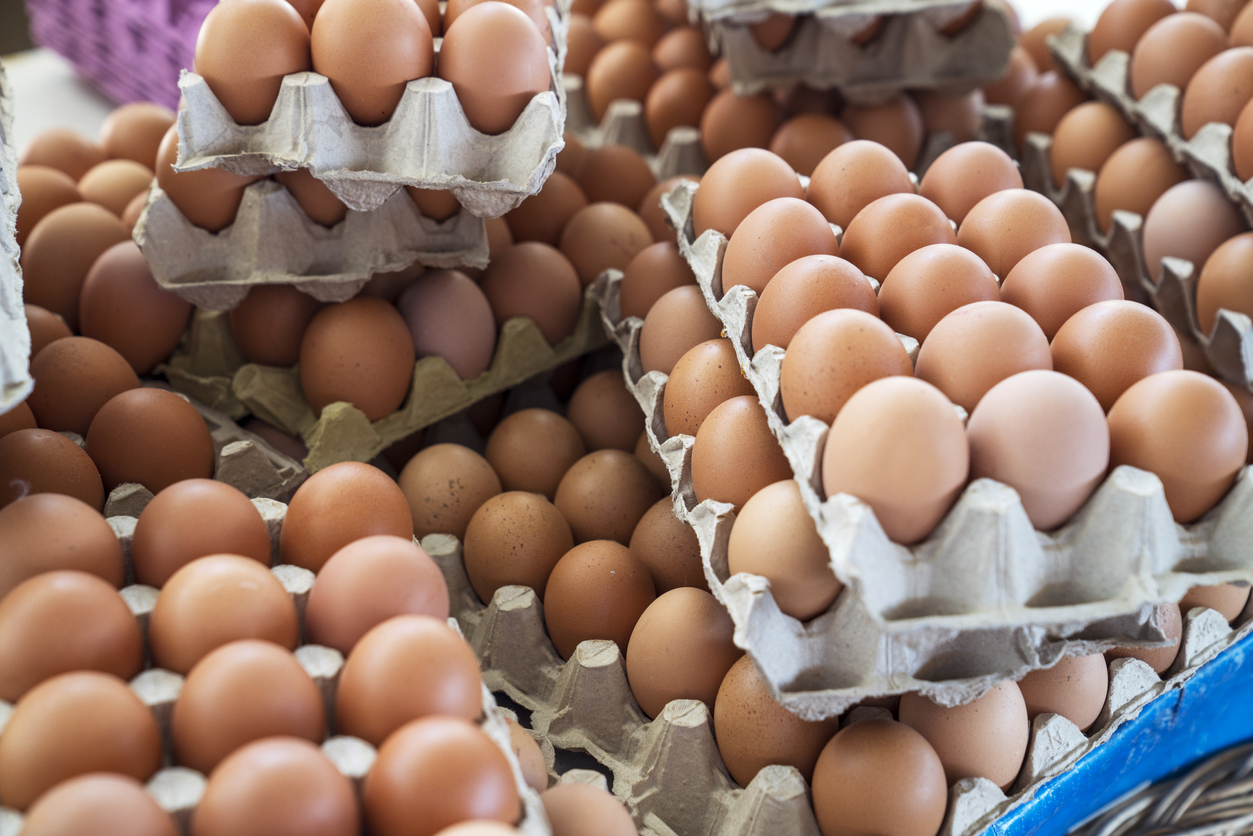More and more people are steering clear of dairy these days, which means they need some alternatives. If you’re catering to everyone, then you’ll want to offer at least two or three choices for them that don’t include dairy.
Non-dairy milks are made from plants and nuts. While these can produce some very good milk replacements, they don’t all behave the same way as regular dairy milk does. This means your baristas need to know what they’re doing. For example, almond milk is often scorched when prepared in cafes and the end result is a very different flavour than the customer ordered.
Training is essential when you offer alternative milks, but it’s also important to select the right milks for your customers’ needs. Some of the most popular at the moment include soya milk, almond milk, and oat milk. These can be found in most cafes at this point, so people know to ask for them.
Oat Milk
Made from oats, as the name suggests, this non-dairy milk is very creamy to the taste and smooth. When added to coffee or tea, it brings a similar creaminess as whole milk, but without the animal product. This milk can blend easily into any drink you want. When steamed, it tastes wonderful and creamy still, but it does tend to take longer than milk to steam and to foam. This is mainly because it’s so thick.
When you make foam with oat milk, expect larger bubbles. This is because oat milk doesn’t have as much protein as cow milk. It is still ideal for latte art, however. The end result is a creamy drink that people love.
Soya Milk
Milk made from soybeans has been around for a long time and is quite standard in cafes. While it’s a common milk, it isn’t ideal for cafes since it tends to curdle when hot or when introduced to anything acidic. Your baristas will need to be trained in how to warm the soya milk and then add it first to the cup before pouring in the coffee slowly to avoid curdling from the temperature.
The creamy texture and lack of flavour for soya milk is one of the main reasons it has been so popular. It blends right into drinks and can be foamed up just like dairy milk for latte art and other coffee toppings. Soya can be controversial, but enough people ask for it that it’s usually a good idea to keep it on hand.
Almond Milk
You’ll find almond milk everywhere these days. As a high protein milk, it’s quite popular, but it can be quite watery if you get the wrong brand. When you mix cold milk with hot coffee, it will curdle, so you need to be careful to warm the almond milk and add it first to the cup. The milk will also curdle if your coffee is too acidic, so baristas need to know how best to use it.
While almond milk has a pleasant nutty flavour, it burns easily when you’re steaming it. If heated quickly, you’ll find that it separates and while it does make a nice silky foam, this makes the drink watery.
Hemp Milk
Hemp milk is actually made from the hemp seed and it creates a nutty flavoured milk that works well with flavoured coffees. It’s much thinner than dairy milk, however and tends to dissolve rapidly into anything it’s mixed with.
You can easily steam hemp milk and it will taste great, since it has a lot of protein. While it will also produce foam similar to soya milk, hemp foam doesn’t last very long. It should be added at the last minute, immediately before serving.
Rice Milk
You can also get rice milk for those customers who are sensitive to nuts and soy. This is a hypoallergenic milk that has virtually no flavour. Unfortunately, it also has little creaminess and tends to be on the watery side, so it’s not a great addition to coffee. Rice milk also does not foam up, since it has no real proteins.
Coconut Milk
Rich and creamy, with a distinct tropical taste, coconut milk is also very popular. If you purchase coconut milk in cartons, you’ll find it has a more neutral taste. It works very well in coffees that are using other types of flavouring or whenever syrups are added. However, you’ll find that it tastes sweet in simpler coffees.
This milk is also high in fat, which means it works very well in coffee. However, the foam tends to be relatively light and has much larger bubbles than cow milk.
Cashew Milk
Many coffee houses make their own cashew milk, since it comes out creamier than shop-bought. However, it also adds more work, so you’ll need to determine if this is a service you want to offer. Cashew milk is ideal for using in coffee, since it is the closest thing to dairy without actually being dairy.
Cashew milk adds a touch of sweetness to coffee, but isn’t nutty in flavour. While it steams nicely, the bubbles are larger than dairy and this can make it a little more difficult to work with. Do be careful with steaming, however, as the milk can become soapy in texture if you overheat.
Pea Milk
Despite being made from peas, this milk doesn’t taste like legumes. It does have a slight taste that some people love and others dislike, but it provides a smooth textured addition to coffee and tea and is high in protein.
Silky, strong foam is what you’ll get when you use pea milk for foaming. It’s ideal for latte art and steams up very well.
Choosing a Non-Dairy Milk
It’s unlikely you will offer all of these options to your customers, since it can be difficult to keep everything in stock when they’re only occasionally asked for. An opened container of rice milk can easily go off because few people will ask for it.
You need to offer customers what they want, but also balance this with your budget and profit margin. To this end, note what people ask for and then determine if the demand is enough to add it to the menu. For example, if only a couple of people in a month ask for cashew milk, but dozens request oat milk, you will want to stock the more popular option.
Oat, soya and almond milks are the most commonly found in cafes and with just these three, you should be fine.
It’s also particularly important that your baristas know how to handle the different types of milk. They should be familiar with the flavour profiles and know which drinks work best with them. Have your baristas practice and taste the various drinks made with alternative milks so you can figure out which is the best choice for your café.
Keep in mind that milk blends are another thing you can offer. These help temper the downsides of the existing milks and give you the best results. For example, if you find almond milk too thin, you can mix it with something else, like oat milk, to give it a creamier texture with the benefits of almonds.
Sourcing Your Milk
Once you’ve determined which milks you want to stock, you need to find a reliable source of quality options. This may mean checking with different suppliers, but it also requires checking references. You want a company that will always deliver when they say they will, is affordable and reasonable with their prices, and offers quality products. This is often harder than it sounds.
Once you’ve found a good supplier, stick with them. This ensures ongoing quality for your customers and they’ll know exactly what to expect when they order alternative, non-dairy milks from you. If you have a specific brand that you’ve been using so far, make sure your supplier offers the same brands. It only takes a slight change for people to notice and having high quality across the board is essential to impress those regulars.
Are you looking for a supplier of non-dairy milks? At Freshways, we have a variety of delicious milks made from nuts, grains, and soy. You’ll find exactly what you’re looking for when you choose us to supply your café’s needs.
Take a look at our catalogue today and contact us to learn more about what we have to offer.


